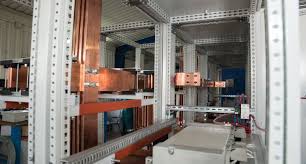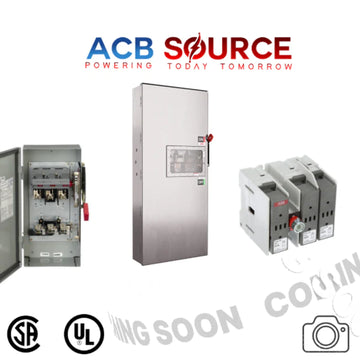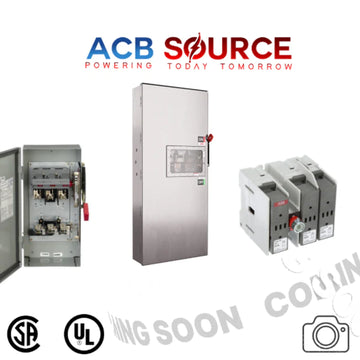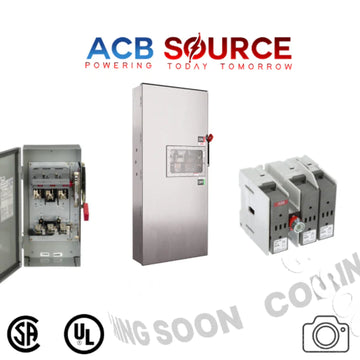In the realm of electrical systems and power distribution, custom bus bar solutions have emerged as indispensable components that offer flexibility, efficiency, and precision. These tailored solutions are designed to meet the specific requirements of diverse applications, providing a reliable and optimized means of current distribution. This article delves into the key features, benefits, and applications of custom bus bars, highlighting their significance in addressing unique electrical challenges.
- Understanding Custom Bus Bars:
- Definition and Purpose: Custom bus bars are conductive components that serve as a centralized and efficient means of distributing electrical power within a system. Unlike standard, off-the-shelf bus bars, custom solutions are specifically engineered to meet the unique specifications of a given application, ensuring optimal performance and space utilization.
- Materials and Construction: Custom bus bars can be fabricated from various materials, including copper and aluminum, depending on the application's requirements. The choice of material impacts conductivity, thermal performance, and corrosion resistance.
- Key Features and Benefits:
- Tailored Design: Custom bus bars are designed with the specific layout, dimensions, and electrical characteristics needed for a particular application. This ensures an optimized solution that meets the exact requirements of the system.
- Space Efficiency: By customizing the shape and layout of the bus bars, manufacturers can maximize the use of available space within an electrical enclosure. This is particularly crucial in applications where space is limited or where a compact design is essential.
- Enhanced Performance: Custom bus bars are engineered to provide optimal electrical conductivity, minimizing voltage drops and power losses. This leads to improved overall system performance and efficiency.
- Temperature Management: Tailored bus bars can be designed to handle specific thermal loads, ensuring effective heat dissipation. This is particularly vital in applications where temperature control is critical for the longevity of electrical components.
III. Applications Across Industries:
- Telecommunications: Custom bus bars are widely used in telecommunications equipment, facilitating efficient power distribution in data centers, telecom towers, and network infrastructure.
- Renewable Energy Systems: In solar inverters and wind power systems, custom bus bars play a crucial role in distributing power generated by renewable sources, contributing to the sustainability of energy solutions.
- Automotive and Electric Vehicles: Custom bus bars are integral to electric vehicles (EVs) and hybrid vehicles, ensuring efficient power distribution among various components, such as batteries, inverters, and charging systems.
- Industrial Automation: Manufacturing and industrial automation systems benefit from custom bus bars by providing a tailored solution for power distribution in control panels, PLCs, and motor control centers.
- Considerations in Custom Bus Bar Selection:
- Electrical Requirements: Understanding the current-carrying capacity, voltage drop, and thermal considerations is crucial in determining the appropriate specifications for custom bus bars.
- Environmental Conditions: Consideration of factors such as temperature extremes, humidity, and exposure to corrosive elements is essential in choosing materials and coatings that enhance durability.
- Compliance and Standards: Ensure that custom bus bar solutions comply with industry standards and regulations to guarantee safety and reliability in diverse applications.
Conclusion:
Custom bus bar solutions have become integral components in modern electrical systems, offering a tailored approach to power distribution that aligns with the unique needs of various industries. Whether enhancing space efficiency, optimizing performance, or contributing to sustainability in renewable energy applications, custom bus bars play a vital role in shaping the future of electrical engineering. As technology advances and demands evolve, the importance of these customized solutions continues to grow, providing innovative and efficient solutions for complex electrical challenges.







